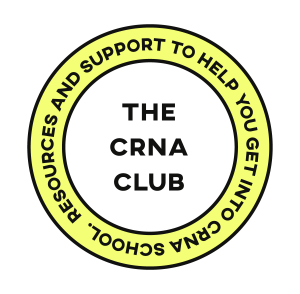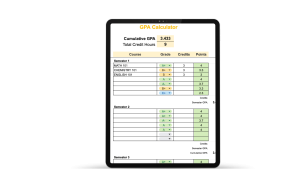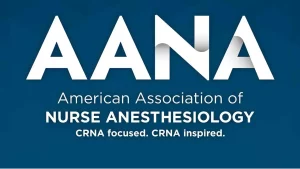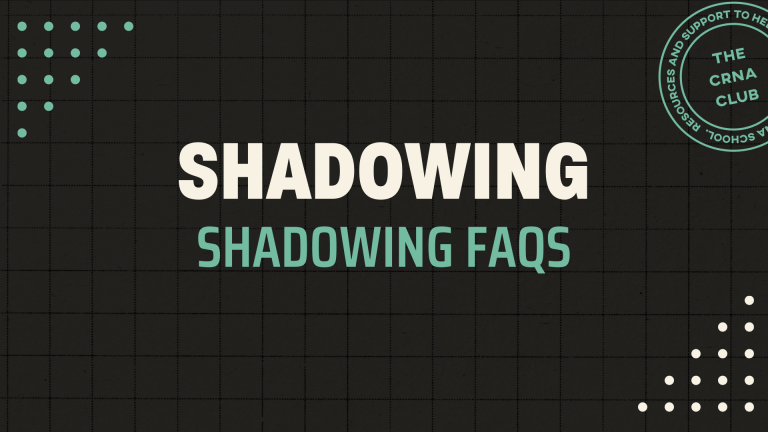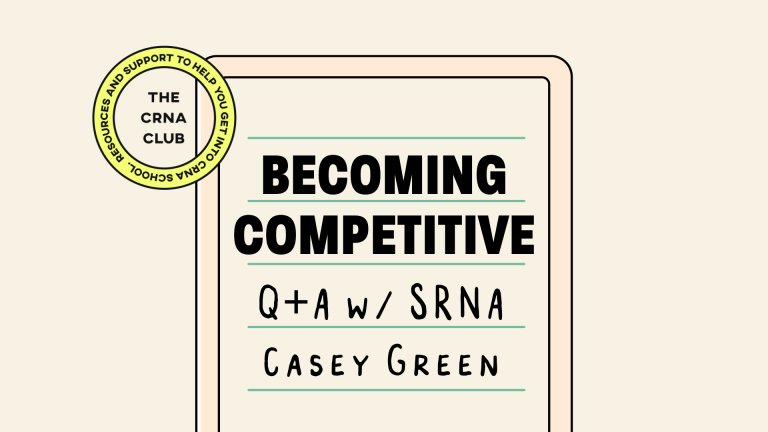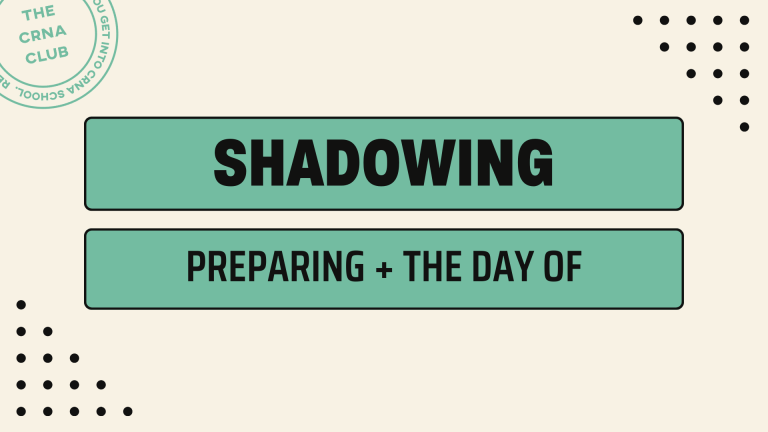
Q+A W/ FACULTY MEMBER PROFESSOR TEMMERMAND
Related Resources + Files
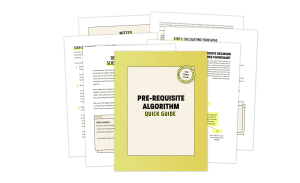

This is a must-listen live call Q+A replay with Professor Temmermand who is a CRNA faculty member who serves on multiple national committees, speaker, and educator.
Extra tips on being competitive
REMEMBER, IT'S THE BIG PICTURE
It’s not one single thing that will make you competitive, it’s the whole picture. What’s your GPA? What’s your leadership skills? What about your ICU experience? Any community involvement? How much did you shadow? Are you involved in your profession?
These are the questions that you need to ask yourself and what we focus on in these lessons. Remember, it takes time to become well-rounded, but it really is about the whole package!
There's a new AANA RN Membership Option
It used to be that RNs couldn’t be AANA members. The AANA is the American Association of Nurse Anesthesioloists – our professional organization (think your AACN equivalent). But now, you can apply to be a member and definitely put this on your resume – it will look GOOD. You should get discounts on conferences as well, and you’ll get access to networking and resources as they develop more content for RNs in the future.
What's a good gpa for crna school?
This number will vary, but 3.7+ is very competitive. If you are in the 3.0-3.2 range, you’ll likely need to retake science classes, network, ensure you’re well-rounded, and meet with programs to see what you can do to improve your application. In the mid-range of 3.4-3.6, this is good as well but how you sit in comparison to your competition depends on how competitive your programs are. For schools with over 500 applicants, they can take their pick from those with higher GPAs, but if you apply to a newer or smaller, less competitive program, you could be right on par with their top applicants. It really depends on where you are applying.
Remember, your science classes matter.
At the end of the day, every program is going to be VERY heavy in the sciences: chemistry, physics, anatomy, physiology, pathophysiology and pharmacology. Did you do well in these classes in undergrad? If not, how do you expect programs to feel confident that years later you will succeed in graduate level science work? You need to prove that to them. Many students retake courses over, especially if you got less than a B in any of the above prerequisites. B-‘s won’t cut it.
Organic or Biochemistry are both popular (one or the other, not both), advanced pharmacology or pathophysiology classes will serve you well, too. Some students will even take graduate level courses – this is great if you really need to prove you can handle the difficult science classes!
You also might like...
SOME QUICK READS YOU MIGHT LIKE...
Take a listen TO THESE RELATED PODCAST EPISODES:

